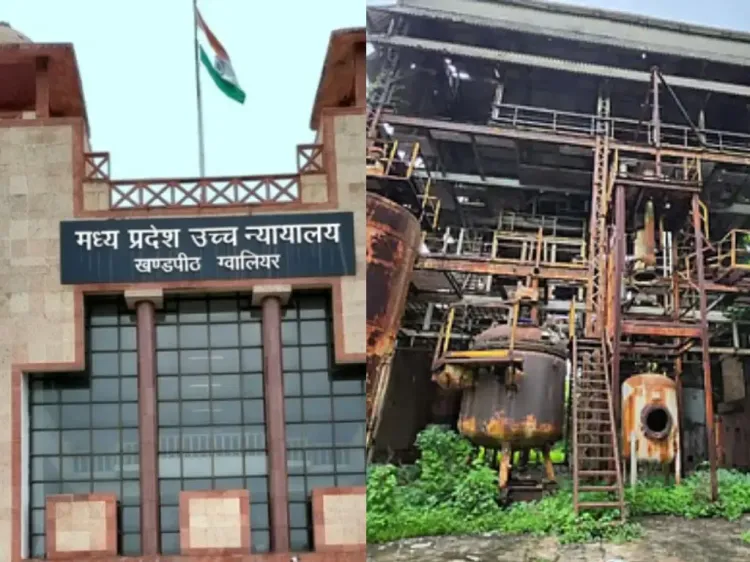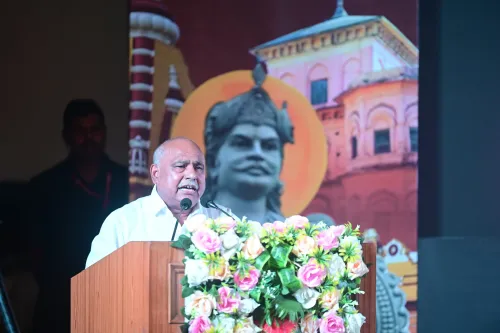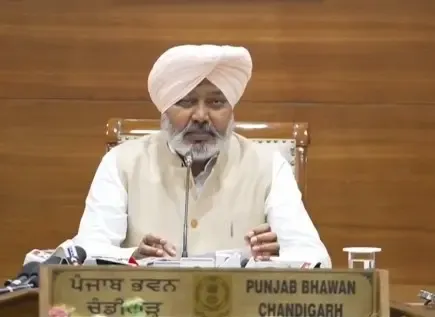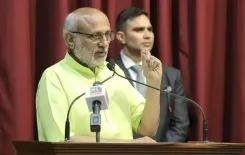Madhya Pradesh High Court Orders Trial Disposal of Union Carbide's Toxic Waste at Pithampura

Synopsis
Key Takeaways
- Madhya Pradesh High Court mandates trial disposal of toxic waste.
- 340 tonnes of Union Carbide waste to be disposed at Pithampura.
- Trial runs to adhere to Central Pollution Control Board guidelines.
- Environmental impacts must be assessed during the trial.
- Compliance report due by March 27.
Bhopal, Feb 18 (NationPress) The Madhya Pradesh High Court has directed the state government to initiate a trial disposal of 340 tonnes of Union Carbide toxic waste at Pithampura.
A division bench comprising Chief Justice Suresh Kumar Kait and Justice Vivek Jain instructed the state to execute the orders and submit a report by March 27.
This hazardous waste is currently stored at a private facility in the Tarpura village of the Pithampur Industrial area, located near Indore.
Previously, it had been contained within the closed premises of Union Carbide India Pvt Ltd in Bhopal for over 40 years, since the infamous disaster on the night of December 2-3, 1984.
This catastrophic industrial incident claimed hundreds of lives and left thousands severely injured.
The trial disposal, as per government sources, will include disposing of a portion of this toxic waste at varying feed rates of 90 kg/hour, 135 kg/hour, 180 kg/hour, or 270 kg/hour, in line with the Central Pollution Control Board's stipulations. Each trial is expected to last three to four days.
The state government is required, per the court’s directive, to evaluate the possible environmental and local effects of the waste during this trial.
According to the court's order issued on December 3, 2024, the state government informed that on the night of January 1, 2025, the waste was safely loaded into 12 fireproof and leakproof containers.
These containers were transported using long-haul trailers, accompanied by police escorts and supported by a dedicated team of doctors, fire brigade personnel, and skilled workers.
The convoy was granted a green corridor, ensuring that the transportation complied with the approved Standard Operating Procedures (SOP) and tender requirements, fully adhering to Central Pollution Control Board guidelines. However, public unrest was fueled by certain “fictitious” media reports.
On January 6, the court mandated the government to follow its December 3, 2024 order and instructed the state to “dispose of the same (toxic waste) as per norms”.









